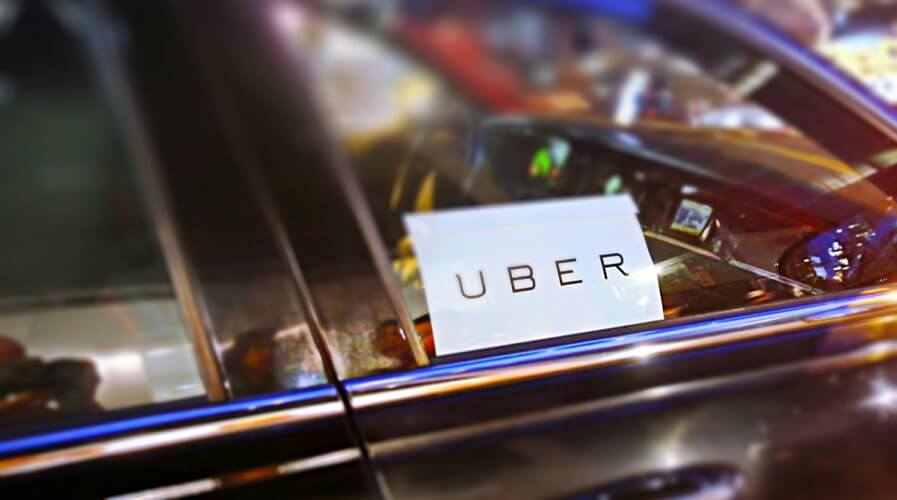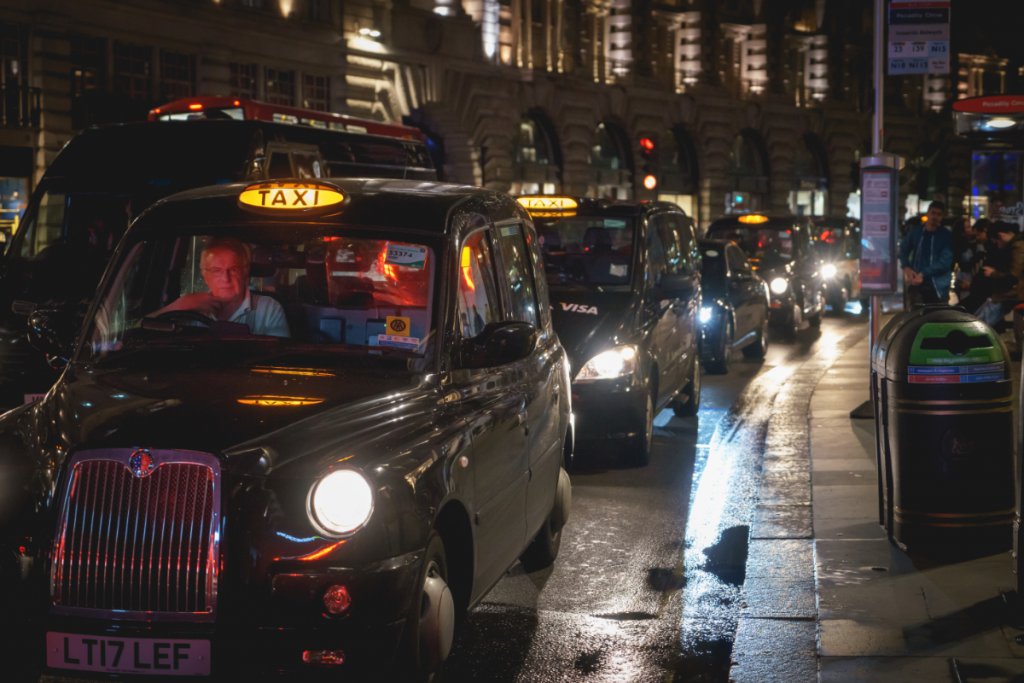
After a torrid 2017, 2018 could see the company reform its reputation under its new CEO. Source: Shutterstock
Uber’s stalling in Asia is its own fault
WHILE it’s difficult to make statements regarding the prospects of companies with global reach, the last year has seen the US-based ride-hailing giant Uber stumbling from disaster to disaster.
Local issues have a habit of becoming global PR sh*tstorms, not only because it’s the Internet’s nature to spread bad news quickly, but also because most of Uber’s particular malfeasances have struck a chord with people wherever they might happen to live.
Companies in some market segments seem to largely escape widespread public vitriol simply by dint of what they do being less understood by the public (or being generally less interesting) than the act of ride-hailing: everyone uses cabs, very few invest in Felda.
The data breach cover-up (as revealed recently) was perhaps made worse because the act of covering-up was one of a series of bad decisions made high up in the company which all point to a lack of the skill and finesses required to pilot a large multinational data enterprise.
Data breaches are not matters to be taken lightly, of course, but there is a certain resignation that these things will happen – any IT security professional will quite rightly state that it’s a case of when a serious cybersecurity incident takes place, not if.
The level of naivety shown by Uber, however, makes one question its executives’ skill levels: firstly paying the paltry US$100,000 “ransom” (surely it must have known it was dealing with bit players?) and then following that by assuming both the breach and the payoff could be concealed.
The data breach comes on the heels of a torrid litany of events:
- A female former employee published a blog post describing a workplace rife with gender discrimination and sexual harassment.
- Among other suspected illegal activities including apps deployed to spy on rival, Lyft, a federal judge in the US urged investigation of allegations that Uber stole technology from Google’s autonomous vehicle unit.
- In London, UK, authorities have decided not to renew Uber’s operating license at least in part for its failure to report crimes, and partly as a result of hard lobbying from that city’s vocal black cab drivers.

London’s iconic black cabs are threatened by ride-hailing apps like Uber. Source: Shutterstock
Sexism, lawbreaking and the dismantling of national institutions worry everyone, but departures of key personnel worry shareholders.
In the last year, Uber has seen the departure of its CEO, his second-in-command, the policy & communications vice president, and the chief financial officer.
In 2016 Uber decided to sell its China operations to Didi Chuxing after its attempts to break into that market led to estimated losses of US$2 billion and more than a little bad feeling from the Chinese government.
However, despite its setbacks, the disparate nature of the rest of the Asian market could mean that Uber could try to get a greater share of the market in the region in 2018.
Asia’s affluent citizens are tech-savvy, fluent app-users, and therefore, represent a lucrative cash pile.
Any further moves by Uber would be against the best efforts of Grab, Southeast Asia’s dominant force in the sector. The company has raised close to US$2.5 billion in 2017 and seems to respond better to local market forces and consumer tastes.
Payments in Uber cars, for instance, are by credit card only, a feature which turns off the sizable number of riders who want to pay cash or prepay. Additionally, Grab’s decisions to install in-cab CCTV and feature live journey-tracking have allayed many concerns of lone female passengers – especially those riding while browsing the news on-the-go about Uber’s apparent culture of sexism, lawbreaking and harassment.
According to a study by Temasek and Google, the Asian ride-sharing market will be worth US$13 billion by 2025, a six-fold increase from today.
If Uber is to make inroads into APAC, it needs to work out a strategy that will stop it coming over as an old-school colonial power, imposing its high-tech systems and flakey ideologies from above on populations which are quite capable of growing their own, more sympathetic (and cheaper) versions.
After all, if even McDonald’s can produce “Samurai Burgers” and “[Seaweed] Shaker Fries“, surely Uber should be able to at least try to adapt, in order to succeed in Asia in 2018 and beyond?
READ MORE
- Global concerns rise over alleged cyber hacking activities linked to China
- China’s new tech policies challenge Intel and AMD in a shifting landscape
- Saudi Arabia could become the largest player in the AI industry
- How vulnerable are we to cyber threats in the digital age? Here’s what IBM found
- Wise: Revolutionizing travel and finance in Malaysia




